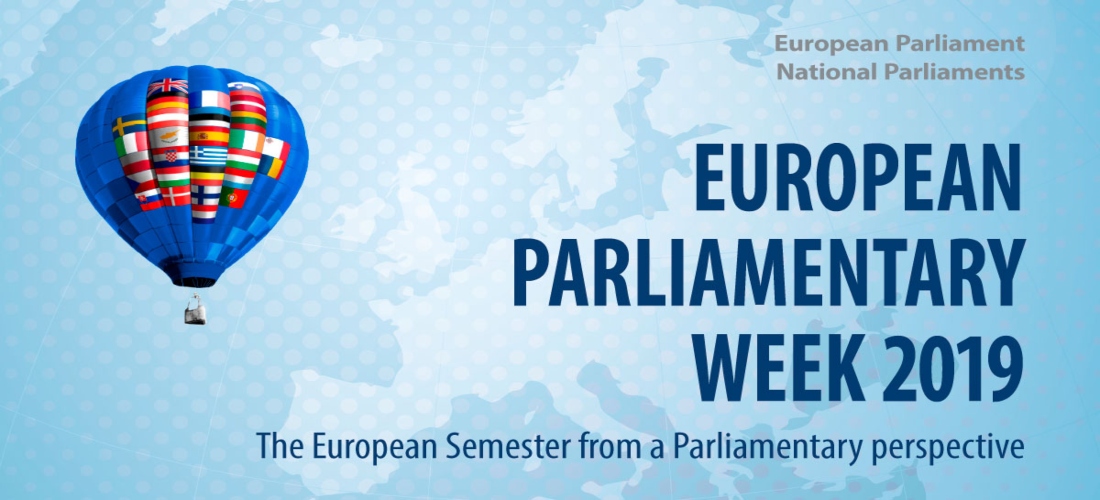NEWS

European economic policies: achievements and pending challenges
MEPs argue that economic reforms in the Member States have generated growth, but recognize that the EU is still facing great challenges.
The members of the European Parliament and the parliaments of the member states took stock of the annual cycle of coordination of economic and social policies at EU level, known as the European Semester, during the European Parliament Week in Brussels that took place on the 18th to February 19.
Economic progress
Participants noted that the EU economies have been positive in recent years. The vice president of the European Commission, Valdis Dombrovskis, said that, in 2019, for the first time, no eurozone country will have a budget deficit of more than 3% of GDP. In addition, Commissioner Marianne Thyssen, responsible for social and employment policies, said 240 million Europeans have jobs.
The Spanish parliamentarian María del Mar Angulo said that the economy of the Union has had 21 uninterrupted quarters of growth and created 12 million jobs. "This stability is the result of our commitment to the European Semester," he acknowledged.
More reforms needed
Other conference participants stressed that the outlook for the future seems uncertain, as the Commission's forecasts show that growth in the EU is slower. The challenges mentioned include population aging, digitalization, trade wars and brexit.
Uwe Feiler of the German Bundestag said: "We face more serious challenges, so Member States cannot abandon the reform measures that are being implemented."
Commissioner Dombrovskis also advocated carrying out the appropriate reforms in European countries: “Some argue that the reforms are carried out during a crisis under market pressure, when there is no other option. This is the so-called [approach] 'reform or die'. I don't think this is the best way. If reforms are implemented beforehand, recovery can be faster and avoid difficulties. ”
Greek MEP Dimitris Papadimoulis (GUE / NGL) said that initiatives at European level can help improve prospects. He argued that the delay in negotiations over the next long-term EU budget is causing damage to the economy. He also added that internet giants should pay taxes, since "this is the only way to eliminate inequalities in Europe that are constantly growing."
Social dimension
Many speakers argued that the European Semester also has to do with social policies and reforms. Since 2018, the social indicators chart has analyzed the positive way in which Europe is implementing social policies. Around one third of the recommendations issued by the Member States within the European Semester are social and educational. “Europe is not just business and banks. First are the people, "said Commissioner Thyssen.
However, other participants questioned the coherence between the recommendations related to economic policies and those of social policy and education. “The recommendations that support the interests of the powerful financial system have been implemented at 85%; while those related to education or social policies have been neglected, "said Gabriela Cretu of the Romanian Senate.
The Italian Socialist MEP Roberto Gualtieri indicated that, although in previous years fiscal consolidation had deepened the impact of the crisis, the combination of policies in recent years has become "more balanced" with the introduction of flexibility and integration of the social dimension He also called for simpler rules for the semester and an improved dialogue between national parliaments and the European Parliament.



